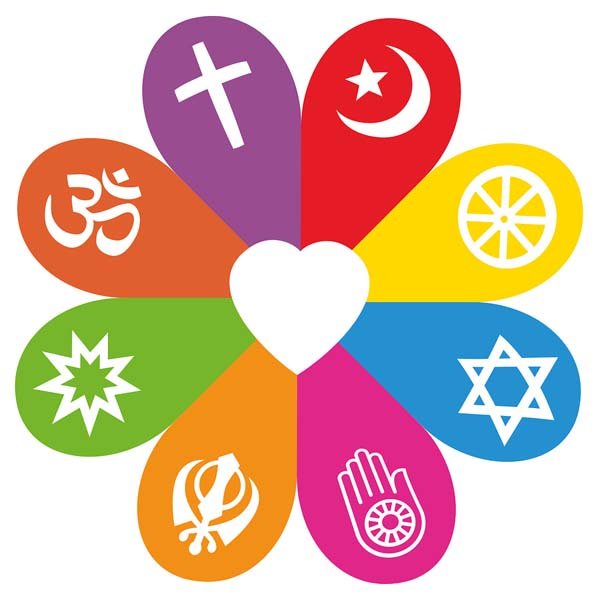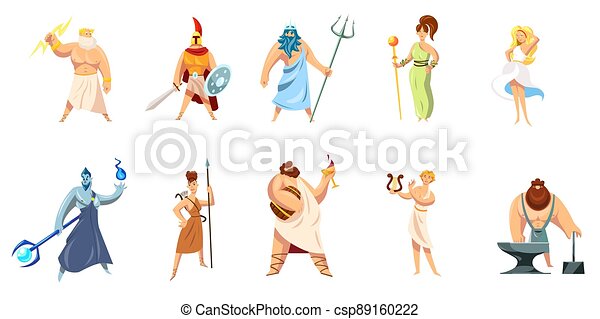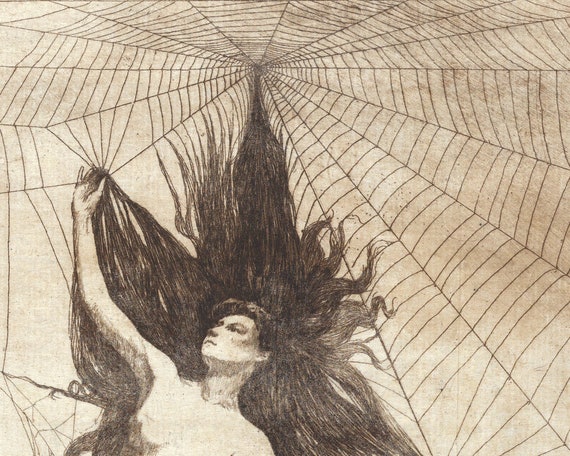
In this article, you'll learn about the Syncretic process, the evolution of Greek mythology, the origin of heroes, and the relationship between gods and mortals. ALPHEUS's lover, the nymph Arethusa will also be discussed.
Syncretic Process
The syncretistic process in Greek mythology has historically involved integrating local gods and Greek deities. This practice was common during the Hellenistic period where local gods were frequently integrated with Greek deities. In a particular example, the placement of a statue of Zeus in the Temple of Jerusalem sparked a massive outcry among the Jewish people, leading to the war that ultimately led to the formation of Christianity.
Syncretism was also an approach adopted by the ancient Egyptians. This involves combining gods from different cultures to create new gods. The process began with the sun god Re, who first appeared in the 2nd Dynasty. Egyptians believed in Atum, the creator god.
Evolution of Greek mythology
There are many books that cover the subject of Greek mythology. Some books can be found in English, Spanish and Portuguese. Aleister Crowley, a famous author, has translated others. For those who wish to learn more about Greek mythology, the APOLODORO Mythological Library or EURIPIDES. The Iliad is another great source of information. There is also a Portuguese translation, by AP Carvalho. Also, there is a Spanish version for Theogony.

Greek mythology can be described as a multidisciplinary study, which includes the comparison of myths across cultures. This research aims at identifying common themes or traits among them. Some scholars use these similarities as a way to prove a common origin for various myths. For its psychological content, Greek mythology is also being studied.
Origin of heroes
This transitional age saw men and gods free to move between worlds. As role models for mortals, the mythological heroes served as an example. Their great deeds were often rewarded with immortality. For example, Hercules was able to attain absolute immortality by myth and tradition.
Heroic myths are about powerful people who rise from humble origins. These mythological heros were created to fulfill God's purposes. These heroes were seen as symbols of the divine by many ancient Greeks. In Greek mythology, gods were able to do good and protect the people.
Relationships between mortals & gods
According to Greek mythology, mortals and gods had romantic relationships. Some of the gods even married mortals, while others had children with mortals. In other stories, gods and mortals were involved in relationships for different reasons. Poseidon, for example, married a sea nereid named Amphitrite, and later had five children together. Zeus was also involved with a variety of human relationships, such as that of Aphrodite (her mortal lover Adonis) and Zeus.
Although there are many different gods in Greek mythology. Many of them share the same characteristics. For example, many of them are erotic, with gods having sex with mortals to create a superhuman child. While the child is often a hero or a heroine, it is possible to find superhuman creatures that use their godly abilities for evil.

Love in Greek mythology
Love plays an important role in Greek mythology. It starts at the heart and continues to grow until it is dead. It influences the actions and decides the fate. However, this love has many pitfalls and obstacles. It can be frightening to fall in love and many people don't know how to approach the person they love.
Even with its many flaws, love is an eternal concept in Greek mythology. It has been retold in literature, acted on stage, and even depicted in sculpture and paintings. Alcyone the queen of Trachis became obsessed with her beloved and prayed that Zeus would return.